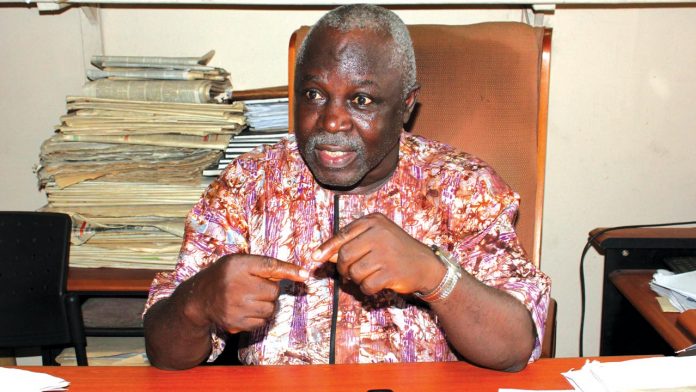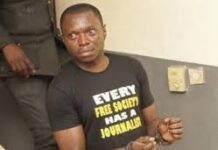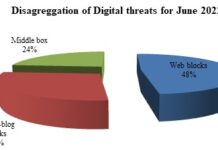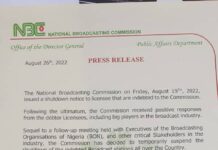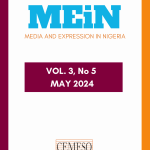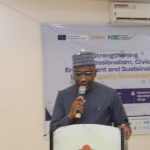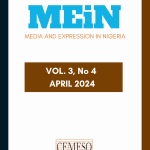As the Association of Communication Scholars and Professionals of Nigeria (ACSPN) continues to demonstrate its commitment to the enhancement of the communication and media structures, processes and environments, the focus of its 5th annual conference on ‘Media Narratives: Hate Speech, Fake News and Political Stability in Africa’ will hold in Asaba, Delta State capital on September 5 and 6. The association’s president, Prof. Lai Oso told The Guardian that the event would see media practitioners and scholars address the vexing issues of fake news, hate speech and democracy in Africa.
He described the theme as timely, adding, “We always like to discuss contemporary issues. We look at the trends, circumstances and history of such issues and implications for society. This year’s theme is quiet topical, a global issue. We are interested in trying to locate the genuineness of the concern about fake news and hate speech.”
Oso is optimistic that the theme would have some impact on policies, noting, “We look at the danger and what they portend for politics, democracy and society in general in terms of interpersonal and inter-group relationships; in terms of inter-cultural relationships and political leadership; trust between citizens and government, the issue of citizen participation and all that. There are also other areas we must not neglect. If we go on about hate speech, are we not going to endanger freedom of expression and freedom of the press? These are genuine concerns that we must take on board in our discussion.
“We must not cross those boundaries far as we show proper apprehension that fake news or hate speech, we must also not cross the boundary to the extent that we will hand over the issue of freedom of expression and of the press to those who would want to use the tool to emasculate the press. I know we will be able come up with positive measures.”
The communication’s scholar, however, regrets that the issue of regulation is very sensitive this part of the world, saying, “When you talk about regulation in our clime, one has to be very careful. You don’t want to hand over our fate to some people who in the name of regulation become autocratic protectors of the commonwealth of the people. The fear that the regulator becomes something to be controlled is always there.
“What people are proposing all over the world is that people should be educated, especially, media literacy. They will let people be aware of the dangers in fake news, so that people become more conscious and skeptical about it. We need to emphasise the issue of media literacy,” He advised that the mainstream media must be ahead of social media in terms of public information: “If people believe that the main media is credible and is interested in taking care of the concerns of the ordinary people, there will be less trust on the social media.
“Government needs to be more forthcoming in terms of its public communication functions. It is not when things have gone to a very low level that it begins to panic about information; it must be concerned about credible information.”He said without the mainstream media, social media might not survive, saying, “Some of the things I see on social media, where fake news has really germinated, are issues hyped in the main media. Some of these writers of fake news are actually well organized and resourced just to cause some kind of confusion in the minds of the public and that is very dangerous.
“For example, if you look at President Donald Trump’s issue with the Russians, you will find out that there were organized outlets dishing out all kinds of information to confuse the American electorate. Some of the fake news is not spontaneous,” Oso spoke further on the current face-off between media and security agents, noting that one of the major problems is the orientation of security agents, as they still work with military mentality.
“There is a lot of public display of power by security agents and politicians, and this is not helping our democracy and image to the outside world,” he noted. “When a reporter writes something and all you do is to send in the anti-robbery squared, it is so disheartening, because the reporter has not stolen. In a more civilized clime, he would have just been invited in a civil way as they carry out their investigation. It is sad that here journalists are harassed and secretly taken to court; it is so undemocratic. The security agencies need to be educated on the fine points of democracy, which is different from military government. I still think we were not prepare for democracy when we had the 1999 transition in terms of educating key agencies on proper conduct. We need to go back to do that.” He said the conference would feature a master class, where some of the younger scholars would devote a day to teaching some aspects of communication at advanced level.


